Mozambique: Renamo demobilized complain about date of National Council - AIM report | Watch
Government calls for approval of law to bring peace and ensure stability in Mozambique
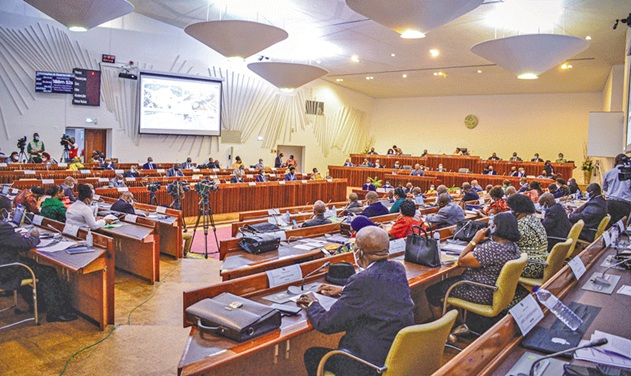
Image: Domingo
The Mozambican government has today asked parliament to approve the proposed law on the political agreement to bring peace to Mozambique, being debated in the Assembly of the Republic today, arguing that it aims to ensure the country’s stability.
At the opening of the parliamentary session, the Minister in the Presidency for Parliamentary, Local and Provincial Assembly Affairs, Eduardo Mulémbwè, asked MPs to approve the law so that Mozambicans can once again “travel, in peace and safety, on all roads, paths, trails and shortcuts”.
Mulémbwè argued that the approval of the law would allow citizens to “work hard” and “transport their assets to all corners of the country, whether for business purposes or to meet the needs of family members”.
In presenting the grounds, the minister argued that the approval of the proposed law would allow “investment in constructive dialogue”, given the divergence of existing ideas, “overcoming self-interested manipulations that mainly harm the poor and the common good to satisfy selfish interests”.
“This commitment, as you all know, is the result of a genuine will and iron will to find solutions to the political, economic and social challenges that the country is currently facing, which have been exacerbated in the final part of the 2024 electoral process,” Mulémbwè concluded.
The Mozambican parliament is today debating the proposed law on the political agreement to pacify Mozambique, providing for the review of the Constitution of the Republic and the powers of the president and pardoning those convicted in post-election demonstrations.
This is the proposed law on the Political Commitment for an Inclusive National Dialogue, based on the agreement between the Mozambican president, Daniel Chapo, and all political parties, signed on 5 March and submitted to the Assembly of the Republic for urgent consideration.
The grounds for the proposal, to which Lusa had access, state that Mozambique “faces challenges in the political, economic and social fields, characterised by the lack of integrity of the electoral process, as well as the high cost of living, unemployment, lack of quality housing and education, and corruption”, and that, since 1994, despite regular elections, there have been regular “cases of violence and other irregularities”.
“These problems require courageous, robust and innovative decisions from all of us with a view to creating credible institutions and a more participatory, inclusive decision-making process that is subject to clearer, more transparent and predictable rules. It is time to leave behind our political-partisan differences and put the interests of Mozambique and Mozambicans first,” the document reads.
Former presidential candidate Venâncio Mondlane, who does not recognize the results of the general elections of October 9, and who called for the protests and demonstrations that in five months have caused around 360 deaths, mainly in clashes with the police, was not involved in this agreement. However, on March 23, Venâncio Mondlane and Daniel Chapo met for the first time in Maputo, and a commitment was made to end the violence in the country.
Within the scope of the constitutional reform, three objectives are assumed, firstly foreseeing the “reform of the state”, with measures at the level of the “political system, the powers of the President of the Republic, the de-politicization of state institutions, decentralization and political, economic and financial de-concentration”.
It also includes the “reform of the Justice system”, namely “the mechanism for appointing the heads of Justice bodies and their respective financial and administrative independence”, and the “reform of the electoral system”, in this case with the “definition of a new model, composition of electoral administration bodies, electoral legislation, electoral justice bodies, among other aspects that contribute to the integrity of the entire electoral process”.
Frelimo has 171 deputies in the Mozambican parliament, followed by Podemos with 43, Renamo with 28 and the MDM with eight.


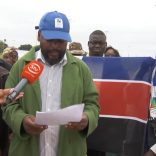


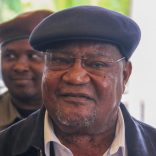
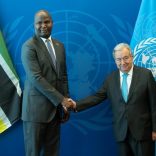
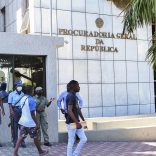




Leave a Reply
Be the First to Comment!
You must be logged in to post a comment.
You must be logged in to post a comment.